June 23 is National Columnists Day
National Pink Day
National Pecan Sandy Day
Laura Ingalls Wilder Pageant
1713 – The French residents of Acadia were given one year to declare allegiance to Britain or leave Nova Scotia, Canada. Those who left went to Louisiana and became “Cajuns”.
1860 – The United States Congress established the Government Printing Office and the Secret Service. They were established to arrest counterfeiters.
1887 – The Rocky Mountains Park Act created Canada’s first national park, Banff National Park, on June 23, 1887.
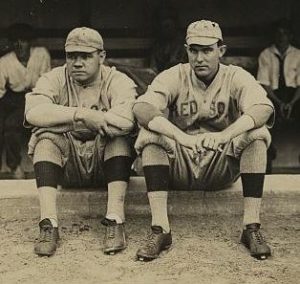 1917 – In a game against the Washington Senators, Boston Red Sox pitcher Ernie Shore retired 26 batters in a row. He had replaced Babe Ruth who had been ejected for punching the umpire. The umpire, Clarence “Brick” Owens, called the first four pitches balls, walking the batter. Ruth thought two of the pitches had been strikes. Ruth reportedly yelled at him, “If you’d go to bed at night, you *expletive*, you could keep your eyes open long enough in the daytime to see when a ball goes over the plate!”
1917 – In a game against the Washington Senators, Boston Red Sox pitcher Ernie Shore retired 26 batters in a row. He had replaced Babe Ruth who had been ejected for punching the umpire. The umpire, Clarence “Brick” Owens, called the first four pitches balls, walking the batter. Ruth thought two of the pitches had been strikes. Ruth reportedly yelled at him, “If you’d go to bed at night, you *expletive*, you could keep your eyes open long enough in the daytime to see when a ball goes over the plate!”
As you might imagine, the umpire didn’t take too kindly to this and told Ruth that if he didn’t shut up and get back to the mound, he’d be thrown out of the game. Ruth then yelled at him, “Throw me out and I’ll punch ya right in the jaw!” Owens then threw him out; Ruth attempted to punch him in the jaw but missed and hit a glancing blow behind the umpire’s ear, knocking Owens down. Ruth was fined $100 (about $1600 today), given a 10 game suspension, and forced to give a public apology. See story at This Day in History.
What made this particularly attacking of an umpire important was that, when Ernie Shore came in to replace Ruth on the mound, the catcher, Sam Agnew, (who incidentally replaced catcher Chester “Pinch” Thomas who was also ejected with Ruth), threw out the runner on first trying to steal second. Shore then retired the next 26 batters in a row without giving up a hit or a walk, winning the game 4-0. As such, this was ruled to be a “perfect game” because Shore had been on the mound for all 27 outs, though in the 1990s, it was downgraded to simply a “combined no-hitter”.
1931 – Wiley Post and Harold Gatty took off from Roosevelt Field, Long Island in an attempt to circumnavigate the world in a single-engine plane.
1947 – The United States Senate followed the United States House of Representatives in overriding U.S. President Harry Truman’s veto of the Taft-Hartley Act on June 23, 1947.
1960 – The United States Food and Drug Administration declared Enovid to be the first officially approved combined oral contraceptive pill in the world on June 23, 1960.
1972 – Sexual discrimination to any educational program receiving federal funds was prohibited by Title IX of the United States Civil Rights Act of 1964
2013 – Nik Wallenda walked across the Grand Canyon on a tight rope on June 23, 2013, becaming the first man to do so successfully .

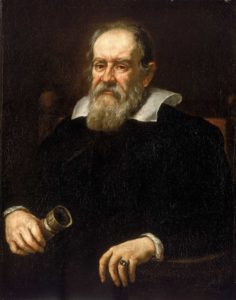 1633
1633  Arkansas
Arkansas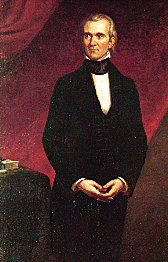 Death of
Death of 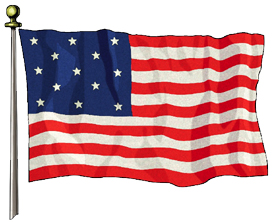 1777 – The Stars and Stripes was adopted by Congress as the Flag of the United States. (Celebrated as Flag Day)
1777 – The Stars and Stripes was adopted by Congress as the Flag of the United States. (Celebrated as Flag Day)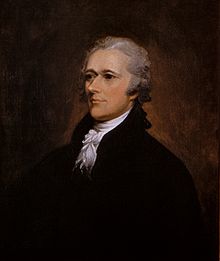 Publication of
Publication of Birthday of Julia Gardiner Tyler (June 14, 1816), second wife of
Birthday of Julia Gardiner Tyler (June 14, 1816), second wife of  1946 – Birthday of
1946 – Birthday of 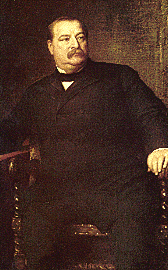 On June 13, 1893,
On June 13, 1893, 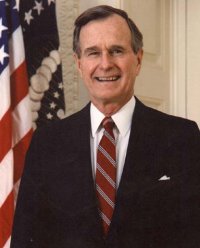 Birthday of
Birthday of 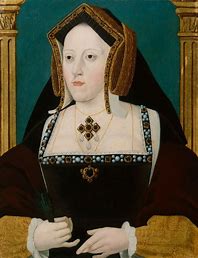 On June 11, 1509, Henry VIII of England married Catherine of Aragon, his first wife. She was the daughter of
On June 11, 1509, Henry VIII of England married Catherine of Aragon, his first wife. She was the daughter of 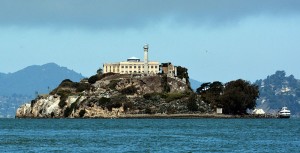 1962 – Frank Morris, John Anglin and Clarence Anglin allegedly became the only prisoners to escape from the prison on Alcatraz Island .
1962 – Frank Morris, John Anglin and Clarence Anglin allegedly became the only prisoners to escape from the prison on Alcatraz Island .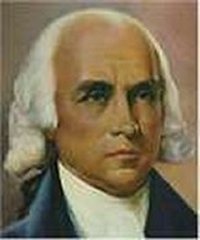 In 1789, James Madison introduced twelve proposed amendments to the United States Constitution in the House of Representatives; by 1791, ten of them were ratified by the state legislatures and become the Bill of Rights; another was eventually ratified in 1992 to become the 27th Amendment.
In 1789, James Madison introduced twelve proposed amendments to the United States Constitution in the House of Representatives; by 1791, ten of them were ratified by the state legislatures and become the Bill of Rights; another was eventually ratified in 1992 to become the 27th Amendment.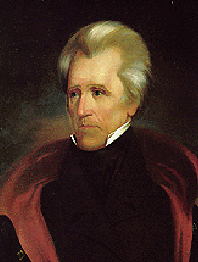 June 8,1845: Death of
June 8,1845: Death of 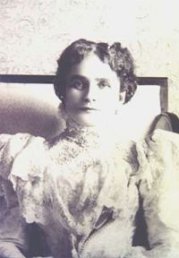 Birthday of Ida Saxton McKinley (1847), wife of
Birthday of Ida Saxton McKinley (1847), wife of 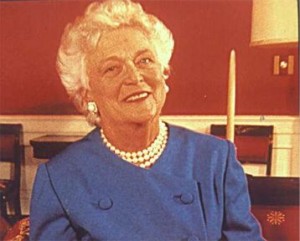 Birthday of Barbara Pierce Bush (1925), wife of
Birthday of Barbara Pierce Bush (1925), wife of 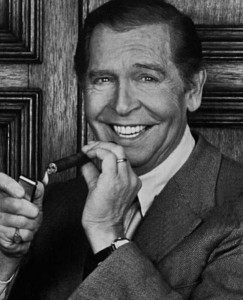 Milton Berle hosted the debut of Texaco Star Theater on June 8, 1948. It aired until 1956. Milton Berle became known as “Mr. Television”.
Milton Berle hosted the debut of Texaco Star Theater on June 8, 1948. It aired until 1956. Milton Berle became known as “Mr. Television”.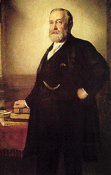
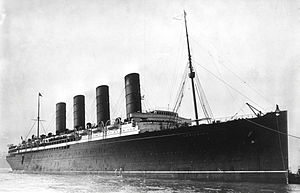 Cunard Line’s RMS Lusitania was launched June 7, 1906 from the John Brown Shipyard, Glasgow (Clydebank), Scotland.
Cunard Line’s RMS Lusitania was launched June 7, 1906 from the John Brown Shipyard, Glasgow (Clydebank), Scotland.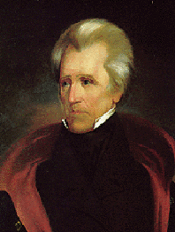 On June 6, 1833, In Ellicott’s Mills,
On June 6, 1833, In Ellicott’s Mills,